Alexander Hamilton K-8 school in Fresno is in a high-crime neighborhood where gang affiliation is common, and students routinely witness violence or are victims themselves.
The mental health consequences for students are acute and long lasting. When the COVID-19 pandemic closed the school in spring 2020, things only got worse.
“Their safe place at school was suddenly gone,” said Pearl Heppner, executive director of Family Foundations Counseling Services, which offers mental health counseling to 47 students and their families at the school. “When schools closed, the anxiety went up, and the parents could not always understand what was going on with their children.”
Heppner’s organization is one of 15 across Northern California that recently received grants totaling $1.5 million to provide mental health counseling for middle and high school students. The grant program, called Resilience, Trauma Informed Care in Schools Initiative, launched in 2013.
Asking ‘How can I help?’
“With the grant, Kaiser Permanente challenged us to create a trauma-informed campus in this community and that has made a huge difference,” Heppner said.
Trauma-informed counseling means “providing a safe space for us to come alongside the students and walk through everything they are experiencing. It means shifting from asking, ‘What’s wrong with you?’ to asking, ‘What happened and how can I help?’”
Ninety percent of parents at the school did not graduate high school, and 77% are Latino, a group that has suffered COVID-19 deaths at a rate 22% higher than others in California. The socioeconomic disparity takes a toll on students.
“Before COVID-19, our counseling was dealing with scenarios like, ‘Mom is on the streets, Dad is in jail, and I’m living with Grandma,’” said Heppner. “But after the pandemic started, there is so much more death and more grief, loss, and anxiety.”
Trauma in middle and high school students, if untreated, has negative consequences not only on the individual, but on families, friends, and the broader community, said Yvette Radford, vice president, External and Community Affairs for Kaiser Permanente Northern California.
“We’re pleased to offer these grants for the last 8 years as part of our trauma-informed care approach to community health,” said Radford. “Getting help to the youth who need it will have long-term positive impacts.”
Building trust
Marriage and Family Therapist Associate Amanda Bernabe said much of the work at Hamilton K-8 is about building trusting relationships with students so they can begin to talk about issues that are bothering them.
One 12-year-old student Bernabe has been working with for the last 4 years has made great progress despite difficulties. The student’s mother went to jail for a short time on a drunk driving conviction when the student was in fifth grade. A teacher noticed something was wrong and referred her for counseling.
“At the time I was really angry at my mom for putting me in that situation, but at the same time really sad because I missed her,” the student said. “Amanda helped me work on my coping skills, but I still have a very tense relationship with my mom.”
The student learned to describe her feelings through writing, and she now uses drawing to relax. She also learned a skill to ground herself in the moment when things get intense.
“I think of colors that correspond to how I’m feeling,” the student said. “If I’m sad, I think of the color blue. It takes my mind off of things. I feel like most of the stuff Amanda has taught me will stick with me throughout my lifetime.”
Heppner said the Kaiser Permanente grant program has gone a long way in helping kids in difficult situations, and to making the community healthier.
“We’re so honored to be partnering with Kaiser Permanente for this kind of work,” said Heppner. “It’s allowed us to provide a place to let them process their feelings, give them skills to cope, bring in Child Protective Services when there is danger, and give the families resources – all that is making a difference.”
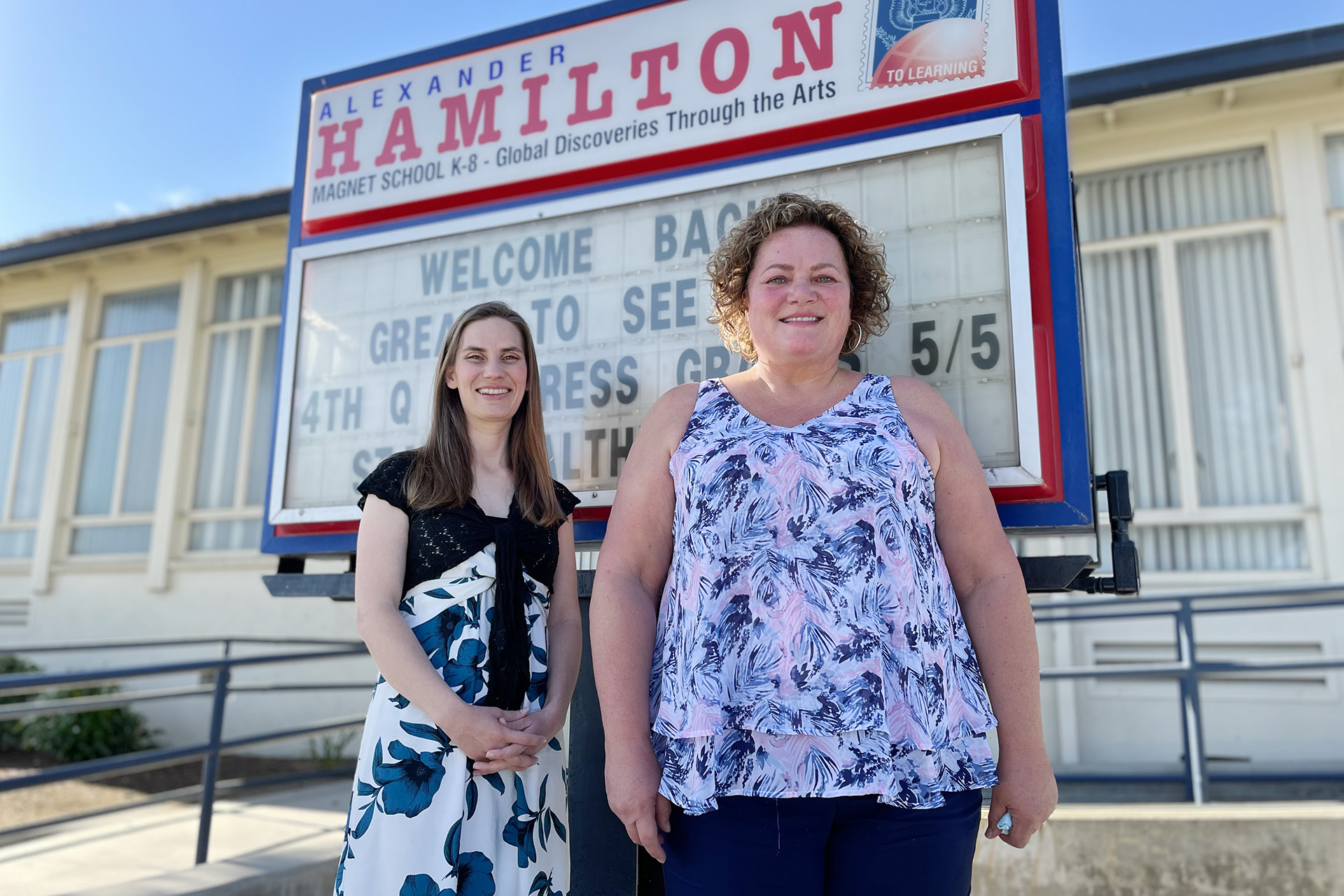
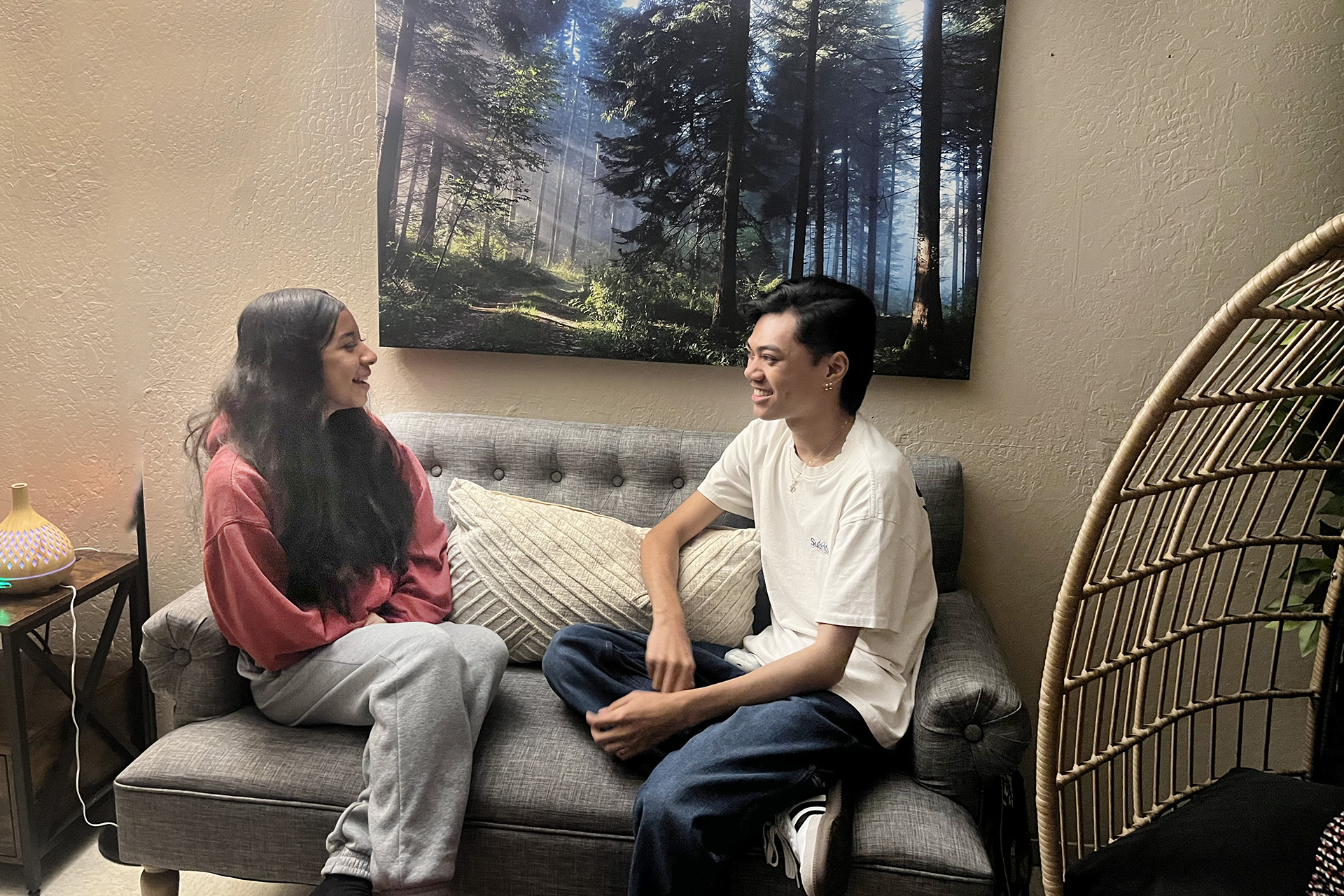
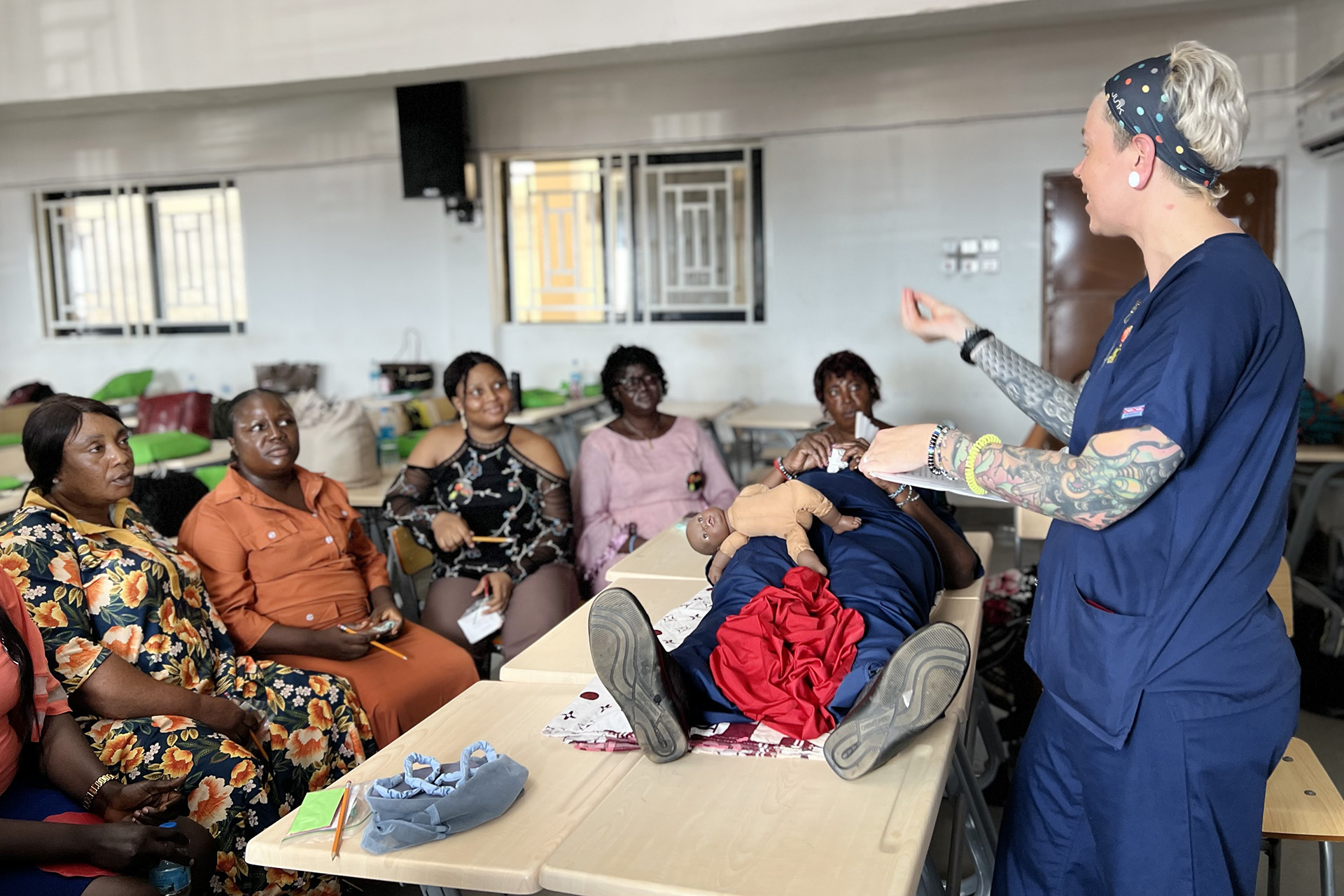
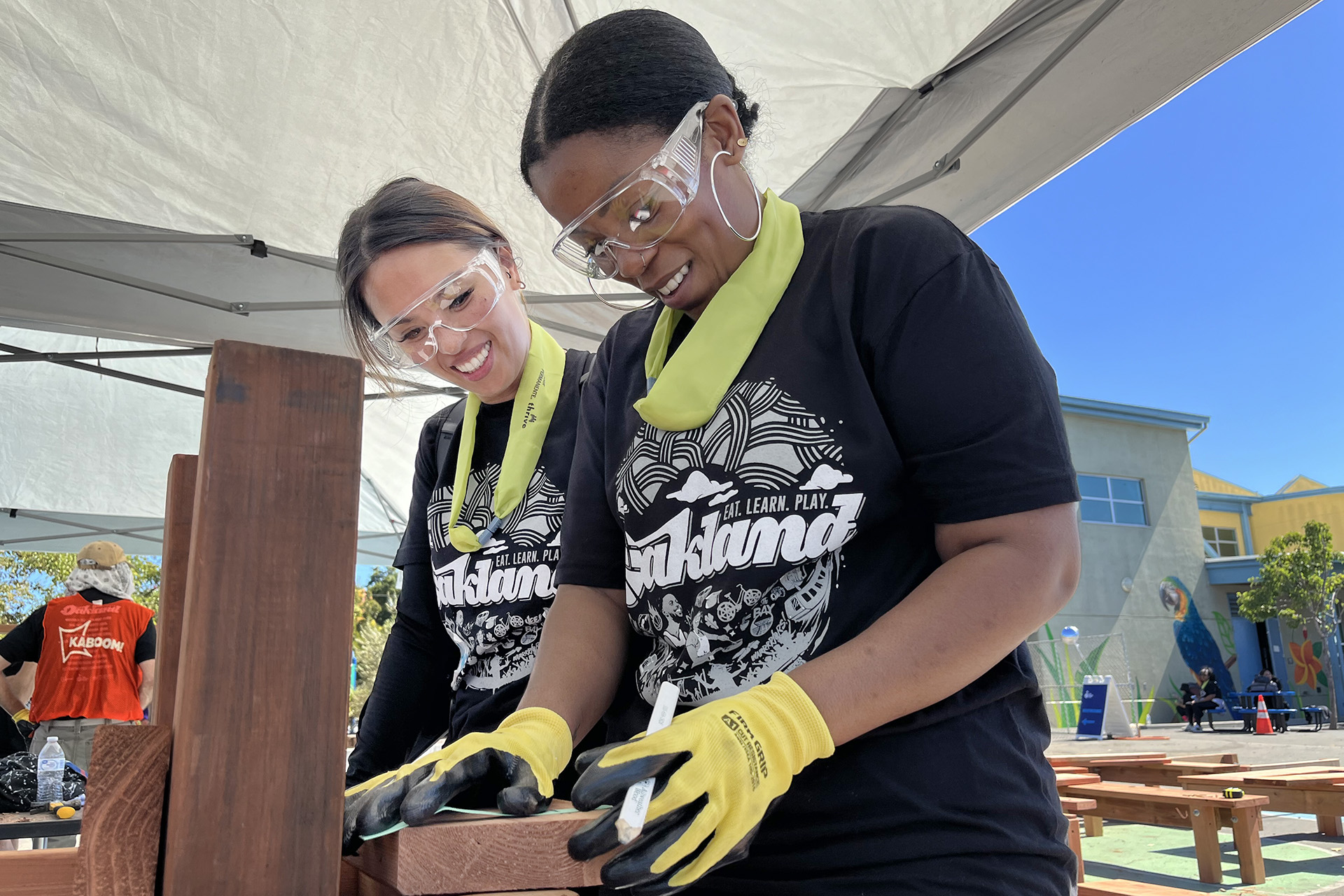
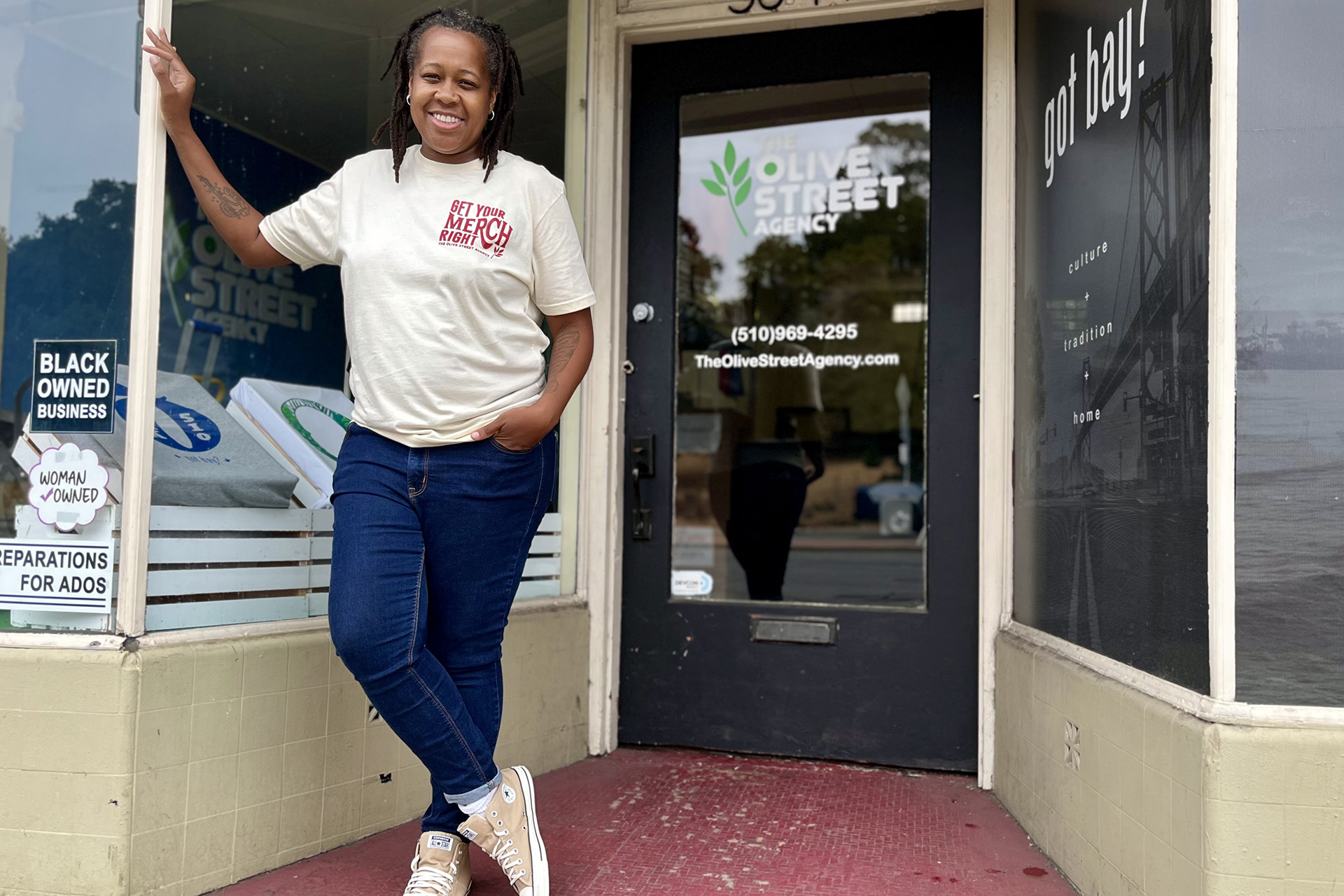
This Post Has 0 Comments